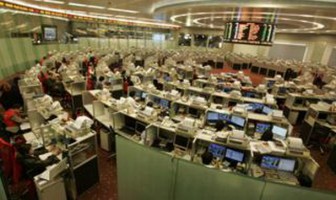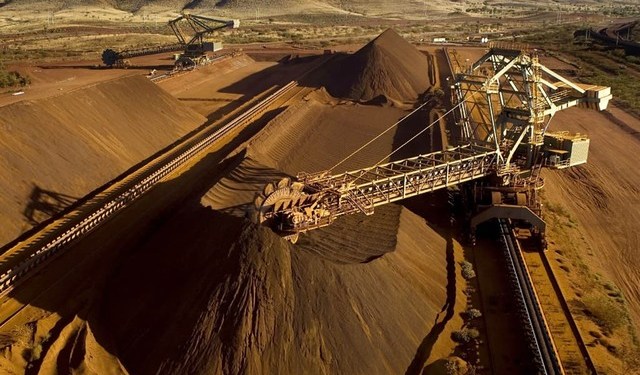 TOKYO (Reuters) – Asian shares were subdued on Tuesday after a powerful hurricane curtailed activity in U.S. markets overnight, while the dollar held gains against the yen ahead of a widely expected policy easing by the Bank of Japan later in the session.
TOKYO (Reuters) – Asian shares were subdued on Tuesday after a powerful hurricane curtailed activity in U.S. markets overnight, while the dollar held gains against the yen ahead of a widely expected policy easing by the Bank of Japan later in the session.
U.S. stock index futures fell in a shortened session on Monday and cash equity trading was cancelled as Hurricane Sandy began to batter the U.S. East Coast. Trading was thin in U.S. foreign exchange, fixed income, precious metals and energy markets as public transportation was shut in New York
U.S. stock and bond markets will be closed on Tuesday.
The MSCI index of Asia-Pacific shares outside Japan was nearly flat after falling to a two-week low in the previous session.
Australian shares edged up 0.2 percent. The world’s largest money manager, BlackRock Inc said on Tuesday it sees Chinese resources demand continuing to grow and does not see Europe’s woes weighing on commodities. China is Australia’s largest export market.
South Korean shares opened up 0.1 percent, but struggled to gain momentum with the closure of U.S. markets and ahead of the November 6 U.S. presidential election.
“It is unlikely that the index or the currency will move much until the U.S. elections,” said Cho Byung-hyun, an analyst at Tongyang Securities, referring to Seoul shares.
Japan’s Nikkei average opened up 0.1 percent.
The dollar was barely changed at 79.77 yen, not far from a four-month high of 80.38 yen touched on Friday.
Markets expect the BOJ to ease policy by boosting asset purchases by at least 10 trillion yen. They also see a possibility of the central bank taking more measures to beat deflation and support the economy.
The dollar could fall in a knee-jerk reaction to the policy decision, but the weakness of the Japanese economy will likely keep the yen’s underlying bear trend intact.
Data on Tuesday underscored the risk that the world’s third-largest economy may slip into a mild recession. Japanese household spending unexpectedly fell 0.9 percent in September from a year earlier, while industrial production plunged 4.1 percent in September from the previous month, marking the biggest decline since the aftermath of last year’s earthquake.
Later on Tuesday, Hong Kong-listed Standard Chartered will unveil its quarterly trading update. The Asia-focused bank will likely show it is on track for a 10th straight year of record profits, but rising bad loans in some of its main markets such as India could dent its results.
Also on Tuesday, India’s central bank will announce its policy decision. The bank faces growing pressure to cut interest rates for the first time since April after the finance minister pledged to rein in the country’s fiscal deficit.
The euro was stuck in its recent range, trading little changed at $1.2905, but pressured by political jitters in debt-laden Italy and uncertain bailout outlook for struggling Spain and Greece.
A threat by former Italian Prime Minister Silvio Berlusconi to withdraw support for Mario Monti’s government pushed Italian and Spanish yields higher and supported safe-haven German Bunds and U.S. Treasuries.
The dollar index, measured against a basket of six key currencies, held near a seven-week high of 80.325 touched on Monday.
U.S. crude futures slipped to just above $85 a barrel on Tuesday, near the lowest in more than three months, as Hurricane Sandy shut East Coast refineries, roads and airports, reducing crude and fuel demand in the world’s largest oil consumer.
Asian credit markets were lacklustre, with the spread on the iTraxx Asia ex-Japan investment-grade index wider by 1 basis point.
(Additional reporting by Somang Yang in Seoul; Editing by Chris Gallagher)
Source: Reuters



























